Products
Ansys STK Software for Digital Mission Engineering and Systems Analysis
Ansys Systems Tool Kit (STK) provides a physics-based modeling environment for analyzing platforms and payloads in a realistic mission context.
Modeling and Simulating Complex Systems in Their Operational Environments
With Systems Tool Kit (STK), you model complex systems inside a realistic and time-dynamic three-dimensional simulation that includes high-resolution terrain, imagery, RF environments, and more. Select, build, or import precise models of ground, sea, air, and space assets and combine them to represent existing or proposed systems. Simulate the entire system-of-systems in action, at any location and at any time, to gain a clear understanding of its behavior and mission performance.
- Multidomain, time-dynamic modeling environment
- Customizable reports and compelling visualizations
- Specialized aviation and space mission capabilities
- Robust, open APIs
Features
Quick Specs
Ansys STK enables you to create multidomain scenarios that extend simulation beyond systems to an interactive model of the operational environment. Define and understand complex relationships between objects and analyze their performance over time.
Still have a question?
Space Mission Systems Design
Advanced RF Systems Design
Electro-optical and Infrared Sensor Systems
Space Operations
Multidomain Concept of Operations
Defensive System Evaluation
Air Mission Systems Design
Telecommunications Network
Capabilities
STK CAPABILITIES Ansys STK Puts True Digital Transformation Within Your Reach
Ansys STK extends digital engineering to the mission — the operational environment in which your systems and systems of systems must succeed.
This is digital mission engineering. And while it feels like something that comes at the end of your project’s life cycle — once your system is designed — it’s more than that. Digital mission engineering should be applied early and often, from design through development, test, operations, and sustainment. Uncover problems sooner rather than later and you’ll have a design that excels against your adversaries, ready to deploy far quicker than your competition.
Capabilities
Key Features
Ansys STK boasts an unrivaled collection of multidomain, physics-based analysis capabilities for the aerospace, defense, telecommunications, and other industries
Model Based Engineering
Communications Modeling
With STK’s communications capability, you can model all the physical components of a system, including the RF environment. Assess the impacts of a wide variety of conditions and interference. Conduct comprehensive link budget analyses.
Radar Modeling
STK’s radar capability simulates system performance in synthetic aperture radar (SAR) or search/track modes. You can model monostatic, bistatic, and multifunction radars in the context of your mission to account for the participation of every asset. Assess the impacts of various conditions and interference on your radar system.
Electro-optical and Infrared (EOIR) Modeling
STK’s EOIR capability models electro-optical and infrared sensors’ detection, tracking, and imaging performance. You can use EOIR to support concept development, design, field-testing, and operations. STK takes this modeling to the big picture by considering electro-optical and infrared performance in conjunction with sensor platform dynamics, communications, and other mission architecture elements to assess integrated performance.
Astrogator
Space professionals have used STK’s Astrogator capability for over two decades to model spacecraft trajectories and reveal mission-critical insights about them. You can use Astrogator to develop, refine, and validate solutions, then return to update subsequent mission stages in response to flight performance. Astrogator’s versatile and modular architecture provides a framework for addressing most spaceflight trajectory problems.
Conjunction Analysis
STK’s conjunction analysis capability comprises four collision threat analysis tools that enable you to detect and assess potential collisions in space and determine blackout times in launch windows and firing time windows for ground-based lasers.
Aviator
With STK’s Aviator capability, you can model aircraft performance, accounting for variations in airframe performance characteristics, wind, and atmospheric effects. Aviator uses realistic maneuvering and flight paths that reflect true flight operations. These operations can be complex — such as a search pattern — or singular, like a barrel roll. With this flexibility, you decide the level of complexity.
Test and Evaluation
Test and Evaluation Tool Kit (TETK) improves the efficiency and effectiveness of test and evaluation activities across the digital engineering product life cycle. With TETK, you can build and validate detailed test plans, monitor test execution, and rapidly analyze post-test results.
Coverage
With STK’s coverage capability, you can extend visibility analysis to discretized, distributed areas, as seen from a collection of assets. Summarize your analysis in terms of traditional metrics such as response and revisit times and abundant customizable qualitative measures.
Analysis Workbench
STK’s Analysis Workbench capability comprises four application-wide tools that you can use to create custom functions and calculations relative to times, positions, and reference frames. It also provides numerous predefined components that can add complexity to your scenarios to help solve your most complex problems.
Integration and Customization
STK includes to two APIs — the Object Model and Connect — that enable you to automate repetitive tasks from outside STK, integrate other applications with STK, access STK’s capabilities from other applications, and develop custom applications. All interfaces are fully documented, and AGI maintains a GitHub repository of code samples to help you get started with the Object Model.
Parallel Computing
STK’s parallel computing capability enables STK to distribute many of its most computationally complex analysis tasks across multiple computing cores on the computer where it’s installed.
The Parallel computing capability also includes software development kits (SDK) for .NET, Java, and Python. These SDKs make it easy to parallelize the execution of custom models and algorithms.
Reporting and Visualization
With STK, it’s easy to communicate your results with customizable reports and graphs, and stunning 3D animations. Visualize entire scenarios in a time-dynamic 3D environment, from geometric components such as pointing vectors and volume grids to 3D models of platforms with dynamic articulations.
Visioneering
Recent Events & Webinars
Discover how engineering simulation is expanding across the entire product lifecycle.
Ansys Multiphysics
Conference
Join us on Saturday, June 10th, 2023, at 3 PM. The event will take place at Riverside Park, 123 River Lane, Springfield.
Blog
Future Tech Expo 2025
Join us on Saturday, June 10th, 2023, at 3 PM. The event will take place at Riverside Park, 123 River Lane, Springfield.

Blog
Innovative Simulations
Summit 2025
Join us on Saturday, June 10th, 2023, at 3 PM. The event will take place at Riverside Park, 123 River Lane, Springfield.
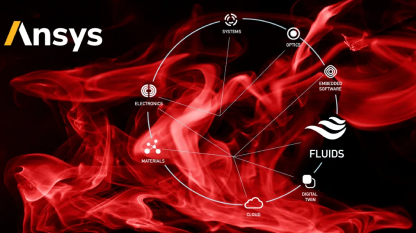
Innovative Simulations
Summit 2025
Join us on Saturday, June 10th, 2023, at 3 PM. The event will take place at Riverside Park, 123 River Lane, Springfield.
Ansys Multiphysics
Conference
Join us on Saturday, June 10th, 2023, at 3 PM. The event will take place at Riverside Park, 123 River Lane, Springfield.
Blog
Innovative Simulations
Summit 2025
Join us on Saturday, June 10th, 2023, at 3 PM. The event will take place at Riverside Park, 123 River Lane, Springfield.

Visioneering
Blogs & Trends
Discover how engineering simulation is expanding across the entire product lifecycle. engineering / product design analysis by modeling & simulation.

Innovative Simulations Summit 2024
Introduction Mi tincidunt elit, id quisque ligula ac diam, amet. Vel etiam suspendisse morbi eleifend faucibus eget vestibulum felis. Dictum quis montes, sit sit. Tellus aliquam enim urna, etiam. Mauris

Ansys Multiphysics Conferences
Introduction Mi tincidunt elit, id quisque ligula ac diam, amet. Vel etiam suspendisse morbi eleifend faucibus eget vestibulum felis. Dictum quis montes, sit sit. Tellus aliquam enim urna, etiam. Mauris

Ansys Multiphysics Conferences
Introduction Mi tincidunt elit, id quisque ligula ac diam, amet. Vel etiam suspendisse morbi eleifend faucibus eget vestibulum felis. Dictum quis montes, sit sit. Tellus aliquam enim urna, etiam. Mauris

Innovative Simulations Summit 2024
Introduction Mi tincidunt elit, id quisque ligula ac diam, amet. Vel etiam suspendisse morbi eleifend faucibus eget vestibulum felis. Dictum quis montes, sit sit. Tellus aliquam enim urna, etiam. Mauris
Innovate
Breaking News & White Paper
Discover how engineering simulation is expanding across the entire product lifecycle.
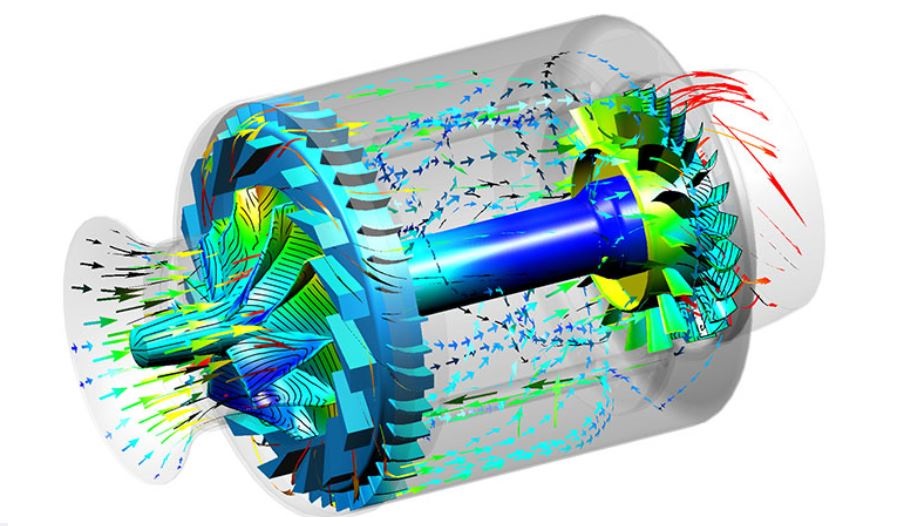
Smart Strategies for Large Structural Simulations
One way to gauge the progress of engineering simulation software is through the lens of size. Engineers today routinely run structural simulations with a few million degrees of freedom, and the largest commercial structural simulations have topped even 100 million degrees of freedom.
Introduction Mi tincidunt elit, id quisque ligula ac diam, amet. Vel etiam suspendisse morbi eleifend faucibus eget vestibulum felis. Dictum quis montes, sit sit. Tellus
Introduction Mi tincidunt elit, id quisque ligula ac diam, amet. Vel etiam suspendisse morbi eleifend faucibus eget vestibulum felis. Dictum quis montes, sit sit. Tellus
Introduction Mi tincidunt elit, id quisque ligula ac diam, amet. Vel etiam suspendisse morbi eleifend faucibus eget vestibulum felis. Dictum quis montes, sit sit. Tellus
Studies
Case
Explore Case Studies
Qantur Technologies is a pioneer engineering simulations company based in Gurgaon –India. We provides expert Computer Aided Engineering – CAE consulting services for engineering / product design analysis by modeling & simulation.
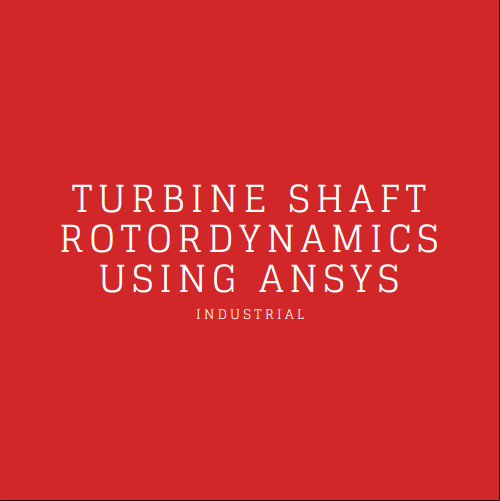
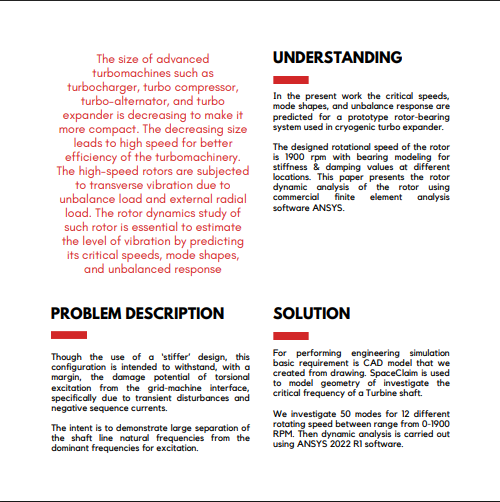
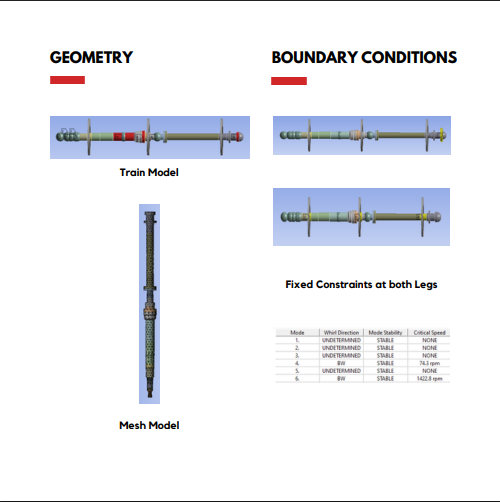
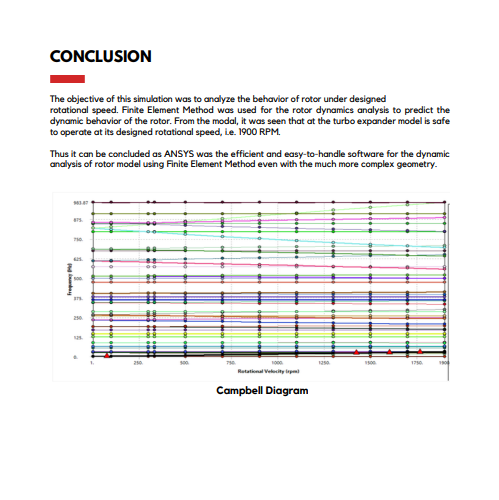
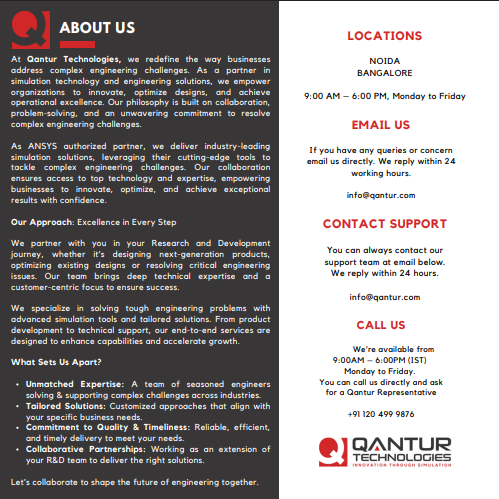





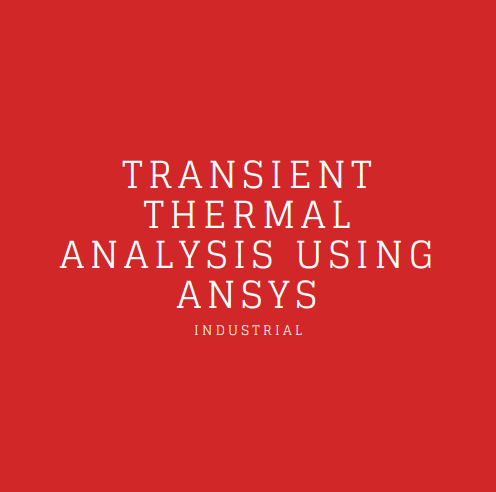
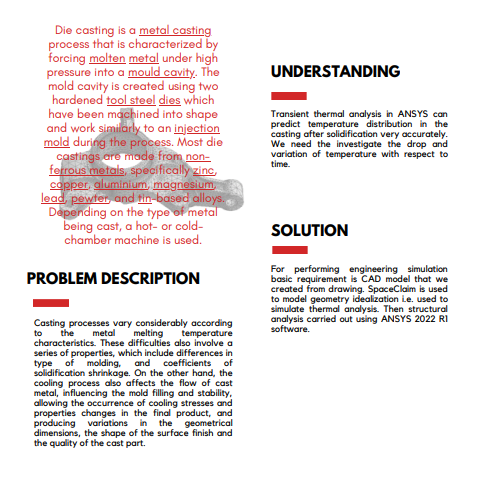
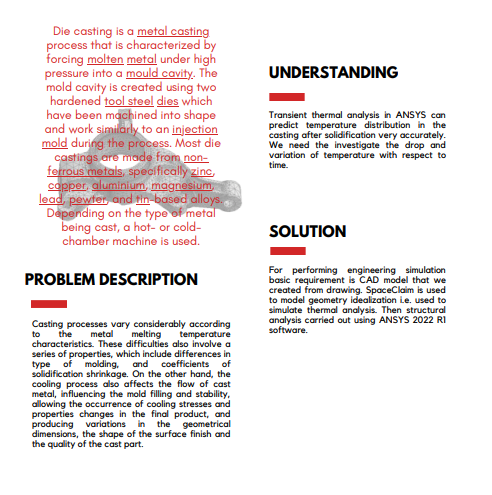
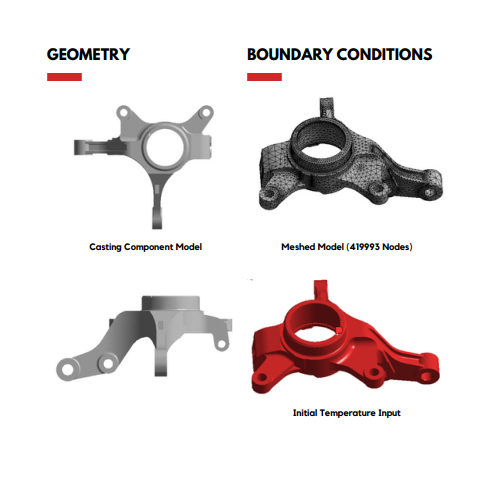
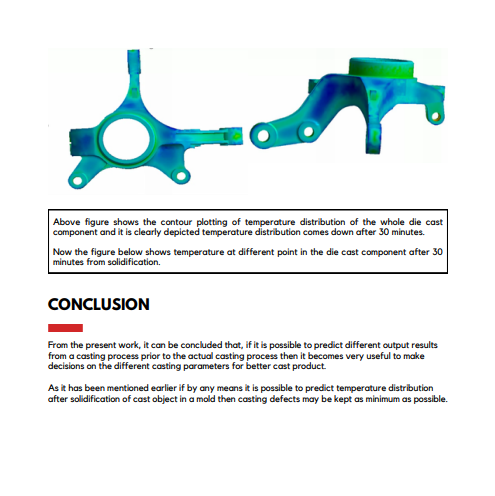
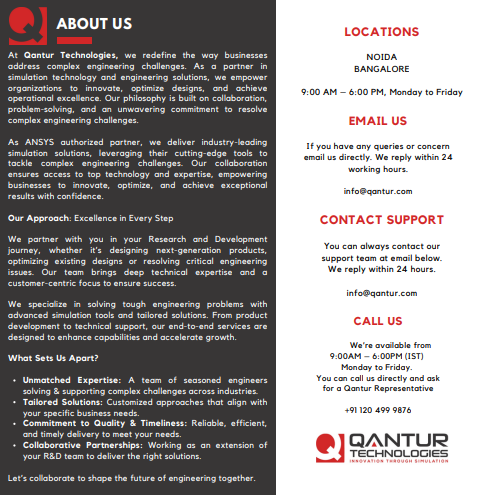






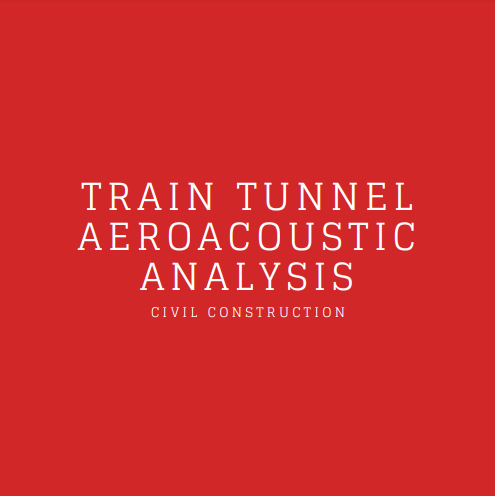
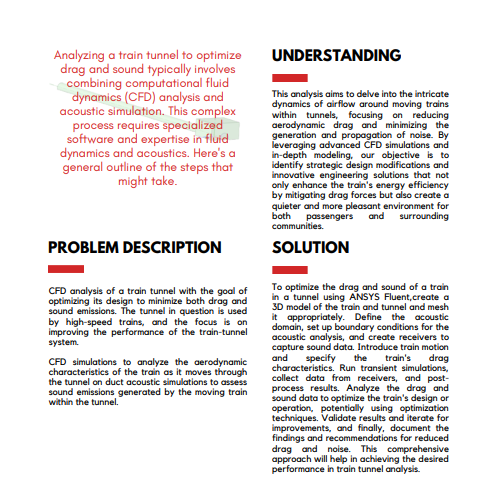
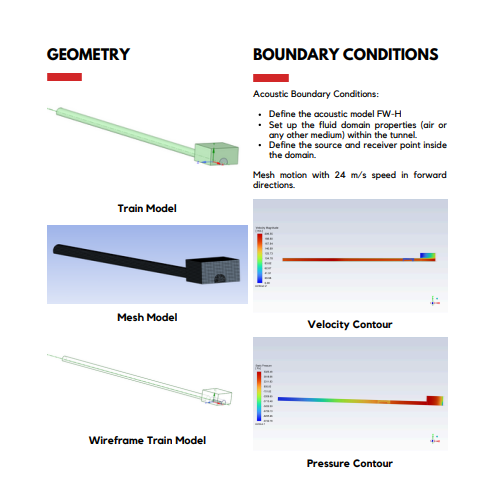
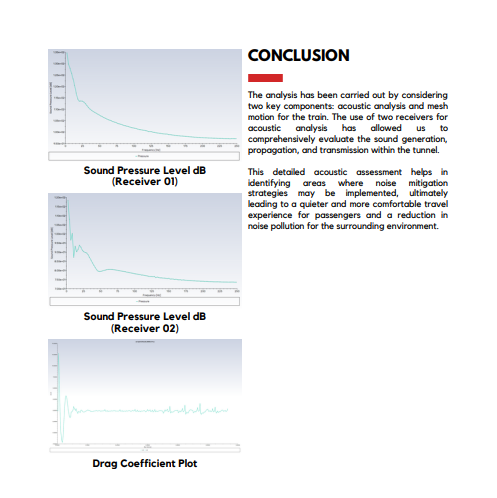
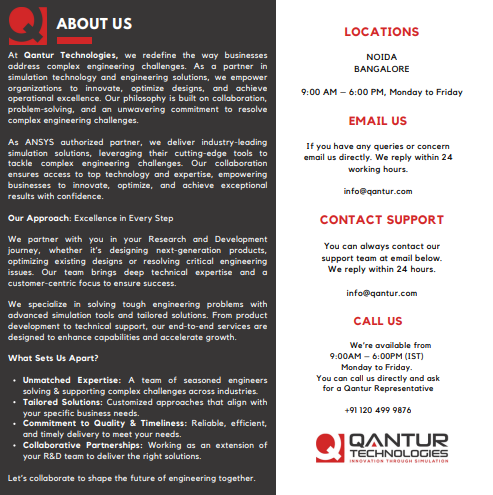










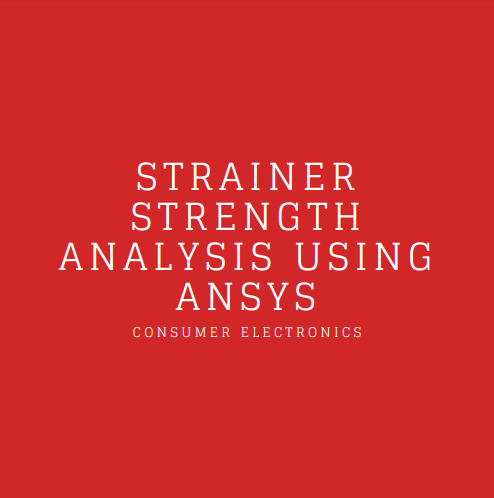
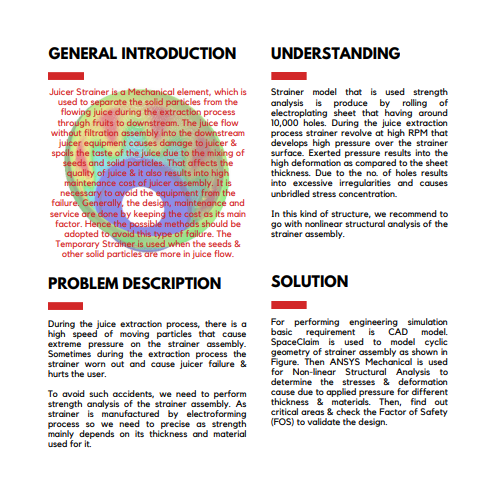
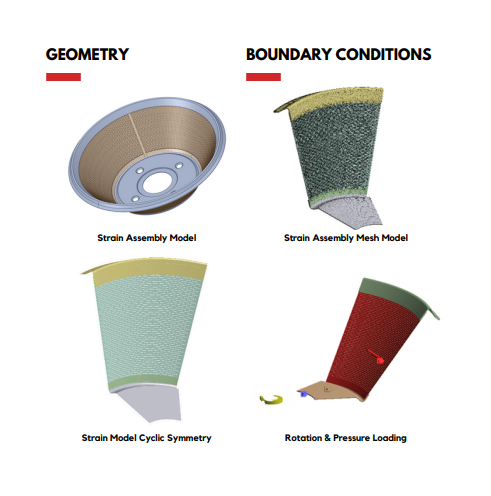
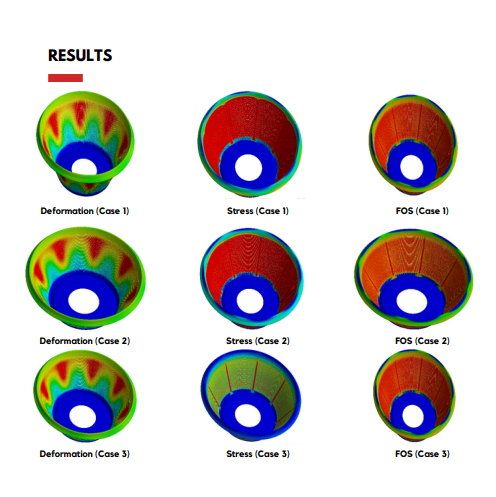
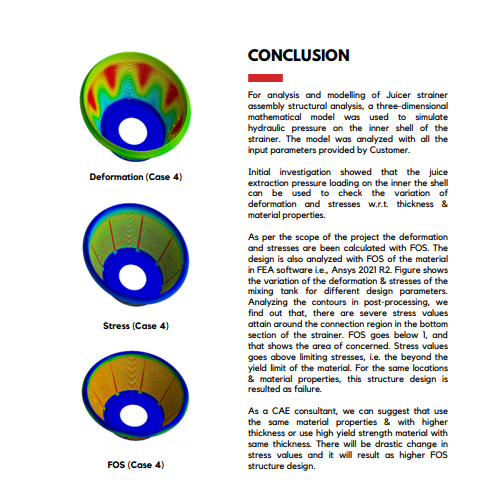
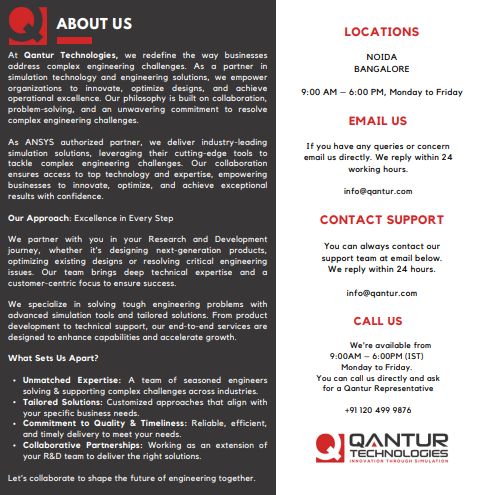







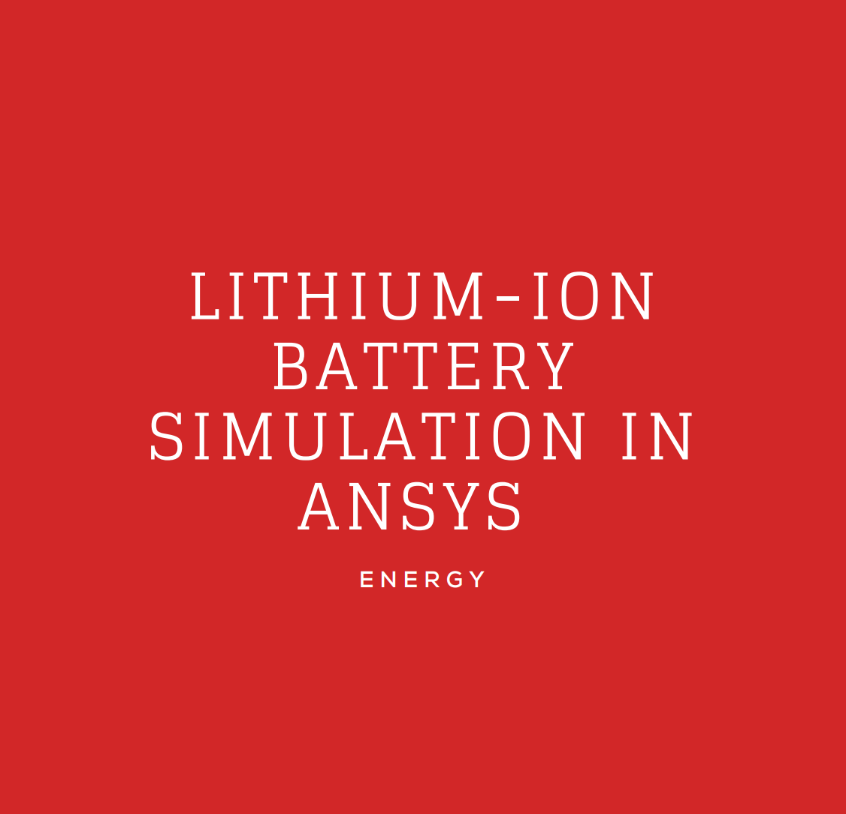
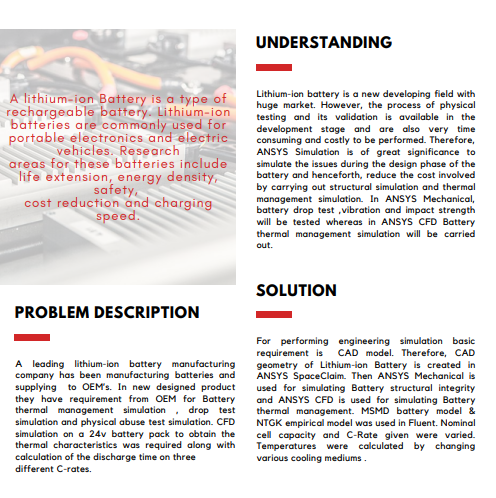
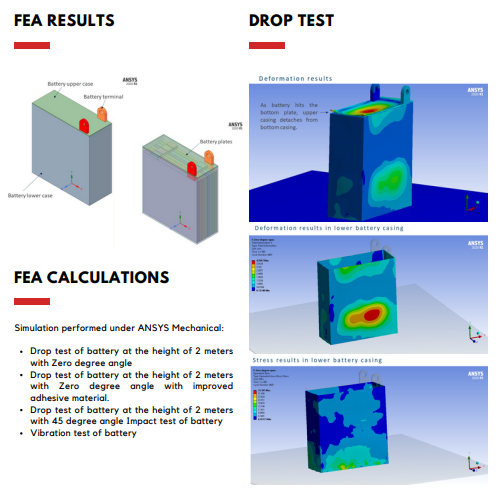
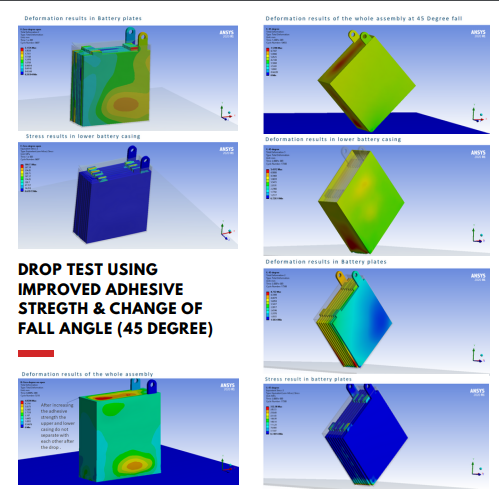
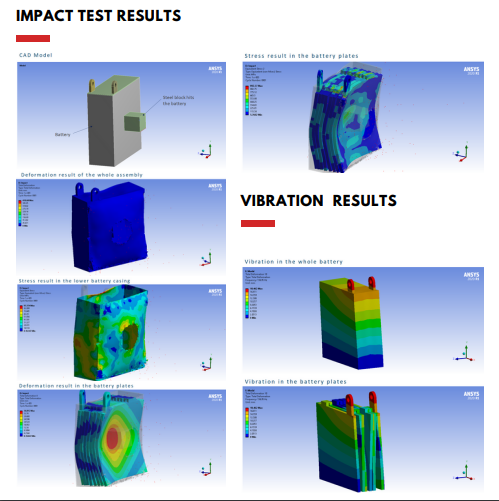
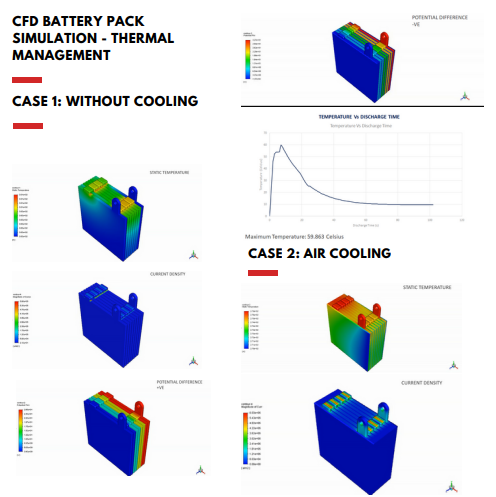
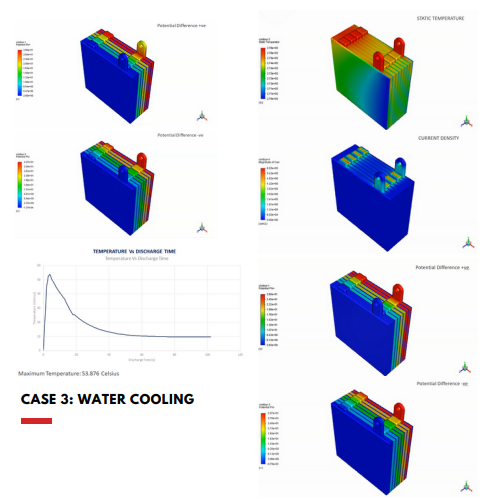
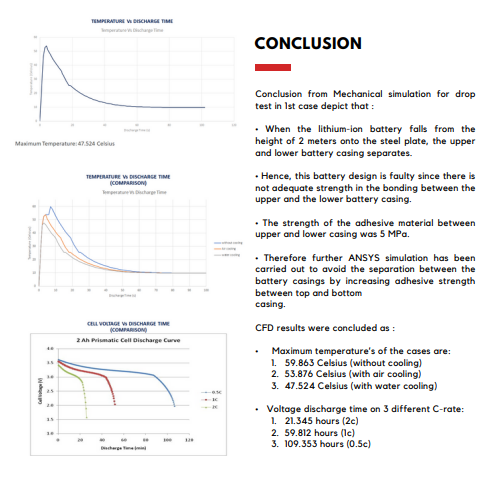

























Download Case Study
Transform Ideas into Reality—Explore Our Simulation Solutions Today!
Partner with Us to Revolutionize Engineering Excellence!
Testimonials
Customer Testimonials

Bengal Industries Pvt. Ltd
The ANSYS Mechanical training conducted by Qantur Technologies was highly informative and helped our engineers resolve critical challenges in contact modeling, meshing, and fatigue analysis. The sessions were well-coordinated, delivered on schedule, and supported with patient guidance by the trainer and account manager. We truly value Qantur’s expertise, professionalism, and post-sales support.
Bengal Industries Pvt. Ltd

Bliss Anand Pvt. Ltd.
During our evaluation of CFD solutions, Qantur Technologies stood out for their technical expertise, reliability, and customer-focused approach. Their consulting projects achieved 98% accuracy compared to experimental values, instilling strong confidence in their capabilities. Based on this experience, we selected them as our preferred partner for ANSYS software, consulting, training, and support. We highly recommend their services to organizations with simulation requirements.
Bliss Anand Pvt. Ltd.
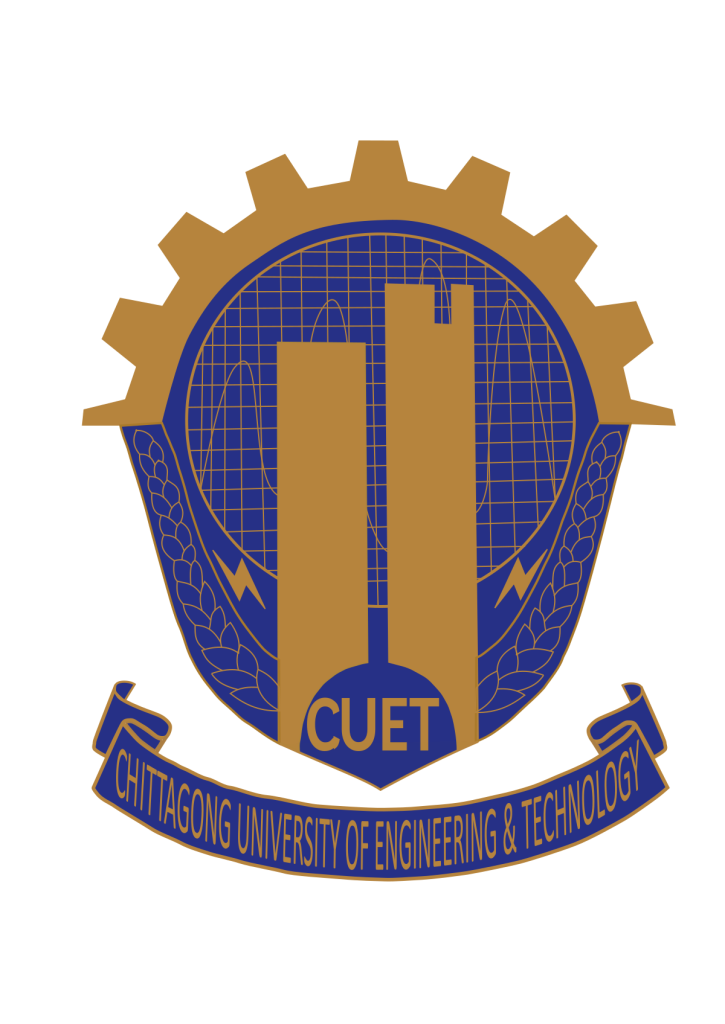
CUET, Department of Mechanical Engineering
We experienced significant value from Qantur Technologies’ expertise in ANSYS solutions, particularly in FEA and CFD consulting. Their skilled engineers provided insightful training on geometry, meshing, and modeling, which enhanced our students’ and faculty’s analytical skills. With exceptional support and patience from their trainers, we are pleased to recommend Qantur Technologies for ANSYS implementation, training, and advanced simulation services.
CUET, Department of Mechanical Engineering

Entecnia Consulting Pvt. Ltd.
Our collaboration with Qantur Technologies for ANSYS implementation and consulting has been outstanding. Their commitment, technical expertise, and timely support in FEA and CFD have added significant value to our engineering and R&D teams. The exclusive 15-day training session further enhanced our team’s analytical skills, and we truly appreciate their professionalism and ownership in managing the entire process seamlessly. We highly recommend Qantur Technologies for advanced CAE solutions.
Entecnia Consulting Pvt. Ltd.

Flovel Energy Pvt. Ltd.
Our experience with Qantur Technologies in implementing ANSYS HPC and CFD solutions has been remarkable. Their skilled engineers conducted in-depth training for our R&D team, equipping us with advanced methods to simulate hydro turbines and enhance component performance. Their reliable support, technical expertise, and resource assistance make them a trusted partner for ANSYS software, consulting, and training. We highly recommend Qantur Technologies for any ANSYS-related services.
Flovel Energy Pvt. Ltd.

Flovel Energy Pvt. Ltd.
We truly value the ANSYS SpaceClaim training conducted by Qantur Technologies at our R&D center. The course was tailored to our requirements, highly informative, and supported by hands-on workshops that enhanced our team’s modeling skills. Their application engineer was proactive, helpful, and ensured customization aligned with our needs. We look forward to engaging Qantur Technologies again for future application-based trainings.
Flovel Energy Pvt. Ltd.

IoTechWorld Avigation Pvt. Ltd.
At IoTechWorld, we develop advanced drones for agriculture, survey, and surveillance, and ANSYS Mechanical & CFD have been instrumental in optimizing our designs. Qantur Technologies supported us with the right resources, training, and technical expertise to address complex FEA & CFD challenges. Their team’s commitment and knowledge have empowered us to innovate faster and more effectively. We highly recommend Qantur Technologies for ANSYS implementation, consulting, and support.
IoTechWorld Avigation Pvt. Ltd.

Karman Drones Pvt. Ltd.
Our collaboration with Qantur Technologies for At Karman Drones, innovation drives our mission in AI-powered autonomous drones. Qantur Technologies has been a key partner in implementing ANSYS software, providing outstanding FEA & CFD expertise, consulting, and hands-on training. Their engineers have empowered our team with advanced simulation knowledge, improving design validation, performance optimization, and overall efficiency. We highly recommend Qantur Technologies for their exceptional support and technical proficiency.
Karman Drones Pvt. Ltd.

Mittal Electronics
At Mittal Electronics, innovation and R&D are at the heart of our product development. Partnering with Qantur Technologies for ANSYS FEA & CFD has been transformative—helping us accelerate design validation, optimize performance, and tackle complex engineering challenges with confidence. Their expert training, consulting, and quick response have greatly strengthened our engineering capabilities. We look forward to continued collaboration with Qantur Technologies.
Mittal Electronics

MV Electrosystems Pvt. Ltd.
At MV Electrosystems, innovation in rail transportation demands precision and reliability. Partnering with Qantur Technologies for ANSYS ICEPAK & Mechanical has significantly enhanced our ability to optimize product design, improve efficiency, and accelerate development. Their expert training, technical guidance, and hands-on support in FEA & CFD not only strengthened our engineering skills but also deepened our understanding of core physics. We truly value this collaboration and highly recommend Qantur Technologies for simulation-driven innovation.
MV Electrosystems Pvt. Ltd.

Nicotra India Pvt. Ltd.
At Nicotra India, precision in fan design is critical. Qantur Technologies has been a valuable partner, providing quick and responsive CFD support—both onsite and online—that helped us validate designs and solve complex meshing and model setup challenges. Their extensive training sessions empowered our R&D team with practical simulation expertise, strengthening our analytical and design capabilities. We are pleased with their services and highly recommend them for ANSYS implementation and technical support.
Nicotra India Pvt. Ltd.

NTF (India) Pvt. Ltd.
At NTF India, we rely on advanced engineering solutions to deliver world-class automotive components. Qantur Technologies has been a trusted partner, supporting us with ANSYS implementation and in-depth FEA analysis for our key projects. Their professionalism, technical expertise, and ability to deliver under challenging conditions have consistently exceeded our expectations. We highly value their commitment and look forward to continued collaboration on future product development initiatives.
NTF (India) Pvt. Ltd.

Onassis Auto Limited
At Onassis Auto, precision and reliability are at the core of our automotive components. With Qantur Technologies’ guidance in Ansys Mechanical, we have successfully enhanced our engineering capabilities, optimized transmission components, and improved efficiency. Their hands-on training, prompt support, and expertise in FEA have greatly empowered our R&D team. We are pleased to recommend Qantur Technologies for their outstanding technical services and commitment.
Onassis Auto Limited

P2P Analysis & Solutions
At P2P Analysis & Solutions, innovation is our core, and Qantur Technologies has been an invaluable partner in this journey. Their technical excellence in Ansys Mechanical and LS-DYNA, coupled with meticulous training and proactive support, has empowered our team to solve complex challenges with confidence. Their professionalism, collaborative approach, and customer-centric commitment make them a trusted long-term partner. We strongly recommend Qantur Technologies for any Ansys-related solutions and services.
P2P Analysis & Solutions

S&O Marintime
S&O Marintime



